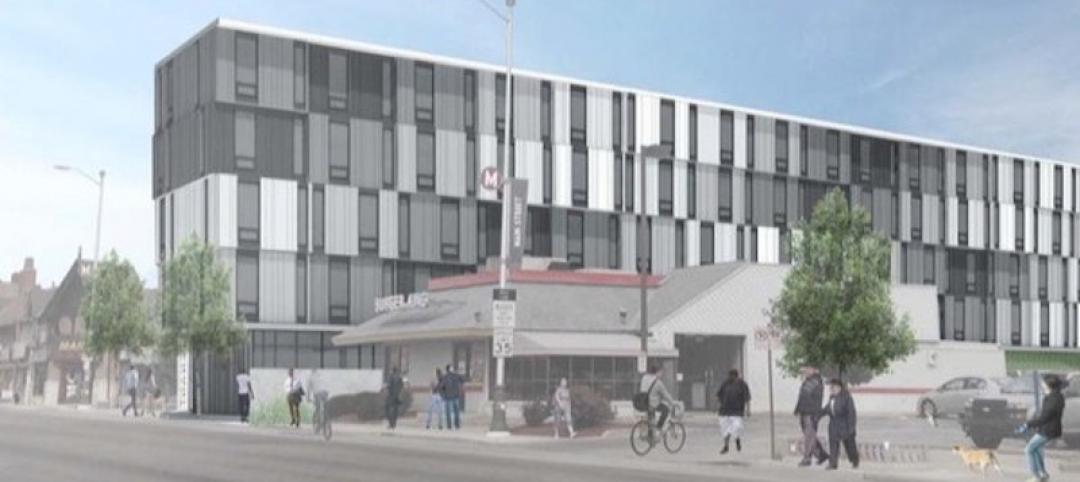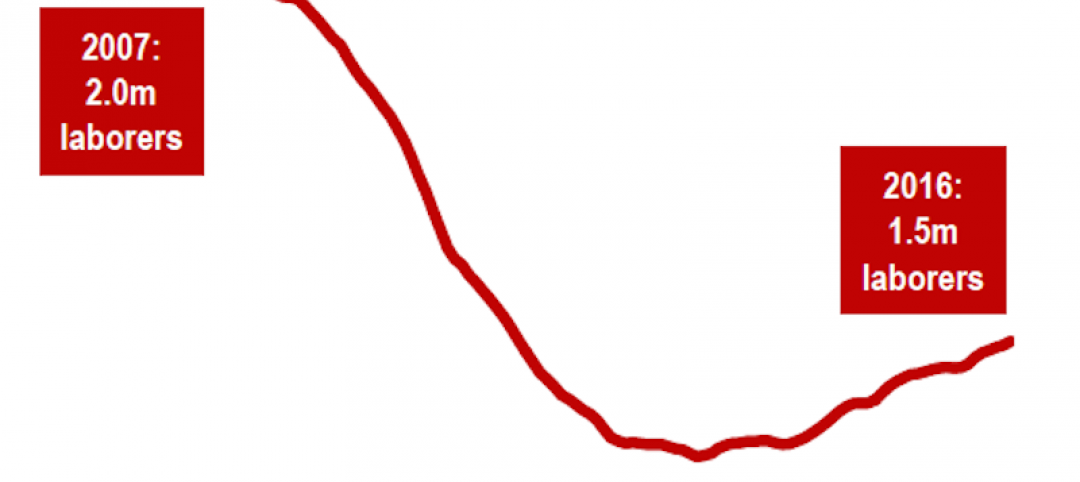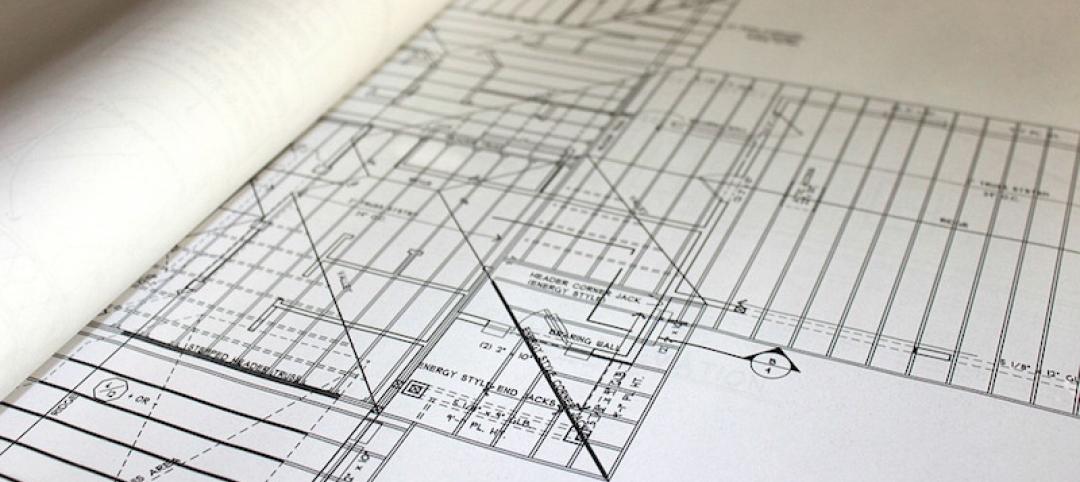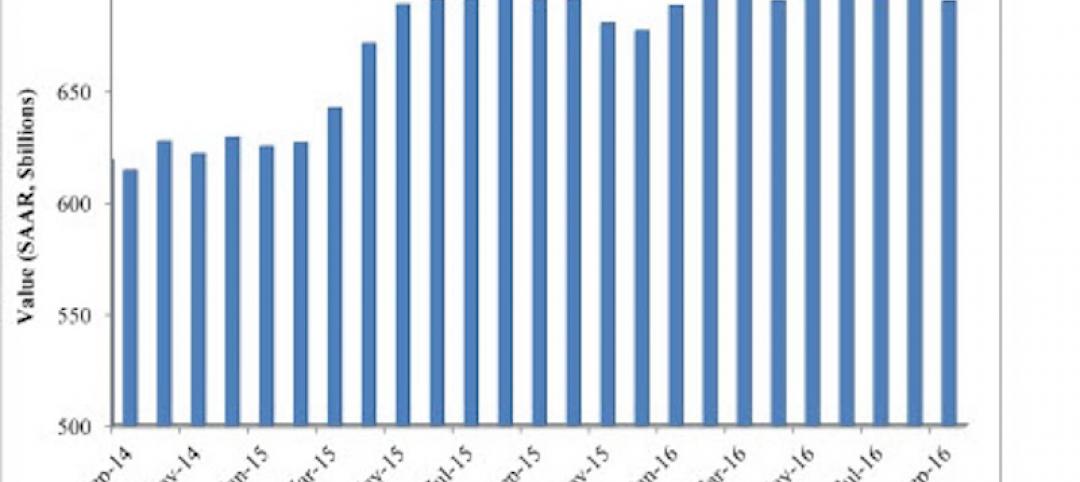Construction employment increased by 27,000 jobs in November, as continuing robust gains in residential categories masked more sluggish increases in nonresidential jobs, according to an analysis by the Associated General Contractors of America of government data released today. Association officials cautioned, however, that pandemic-induced project cancellations and looming tax bills for firms that used Paycheck Protection Program loans to save jobs threaten to undermine future job growth in the sector.
“The construction industry recovered a bit in November, but the future is far from certain for the industry,” said Ken Simonson, the association’s chief economist. “The nonresidential building and infrastructure segments are likely to shed jobs again amid an increase in coronavirus case counts unless Congress acts quickly to provide needed relief.”
Construction employment climbed to 7,360,000 in November, an increase of 0.4% compared to October. However, employment in the sector remains down by 279,000 or 3.7% since the most recent peak in February. The pandemic initially triggered widespread project cancellations and interruptions that resulted in the loss of 1.1 million construction jobs in March and April.
The disparity between residential and nonresidential construction widened in November, Simonson noted. Residential building and specialty trade contractors added 15,4000 jobs in November and have now recouped 96% of the employment losses they incurred in March and April. In contrast, nonresidential construction employment—comprising nonresidential building, specialty trades, and heavy and civil engineering construction—increased by only 11,900 jobs in November and has recovered only 56% of the jobs lost in March and April.
The industry’s unemployment rate in November was 7.3%, compared to 4.4% in November 2019. A total of 732,000 former construction workers were unemployed, up from 428,000 a year earlier and the highest November total since 2012.
Association officials warned that more projects are likely to be canceled amid a new surge in the pandemic. In addition, firms that used Paycheck Protection Program loans to save jobs face an unexpected tax hit because the Trump administration is defying Congressional intent and opting to tax forgiven loans as income. Without tax relief and other needed recovery measures, the officials warned that November’s modest job gains are likely to be fleeting.
“The Trump administration is seeking to undermine the benefits of the Paycheck Protection Program by rewarding firms that saved jobs with a massive tax increase,” said Stephen E. Sandherr, the association’s chief executive officer. “These new taxes, coming on top of greater market uncertainty as coronavirus cases surge, will make it hard for many construction firms to retain current workers, not to mention add new ones.”
Related Stories
Market Data | Nov 30, 2016
Marcum Commercial Construction Index reports industry outlook has shifted; more change expected
Overall nonresidential construction spending in September totaled $690.5 billion, down a slight 0.7 percent from a year earlier.
Industry Research | Nov 30, 2016
Multifamily millennials: Here is what millennial renters want in 2017
It’s all about technology and convenience when it comes to the things millennial renters value most in a multifamily facility.
Market Data | Nov 29, 2016
It’s not just traditional infrastructure that requires investment
A national survey finds strong support for essential community buildings.
Industry Research | Nov 28, 2016
Building America: The Merit Shop Scorecard
ABC releases state rankings on policies affecting construction industry.
Multifamily Housing | Nov 28, 2016
Axiometrics predicts apartment deliveries will peak by mid 2017
New York is projected to lead the nation next year, thanks to construction delays in 2016
Market Data | Nov 22, 2016
Construction activity will slow next year: JLL
Risk, labor, and technology are impacting what gets built.
Market Data | Nov 17, 2016
Architecture Billings Index rebounds after two down months
Decline in new design contracts suggests volatility in design activity to persist.
Market Data | Nov 11, 2016
Brand marketing: Why the B2B world needs to embrace consumers
The relevance of brand recognition has always been debatable in the B2B universe. With notable exceptions like BASF, few manufacturers or industry groups see value in generating top-of-mind awareness for their products and services with consumers.
Industry Research | Nov 8, 2016
Austin, Texas wins ‘Top City’ in the Emerging Trends in Real Estate outlook
Austin was followed on the list by Dallas/Fort Worth, Texas and Portland, Ore.
Market Data | Nov 2, 2016
Nonresidential construction spending down in September, but August data upwardly revised
The government revised the August nonresidential construction spending estimate from $686.6 billion to $696.6 billion.
















